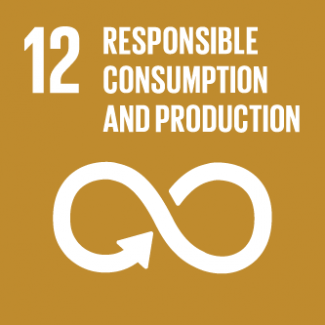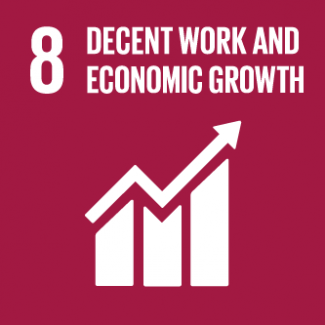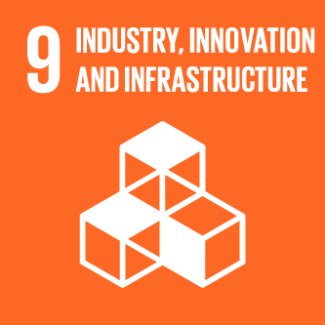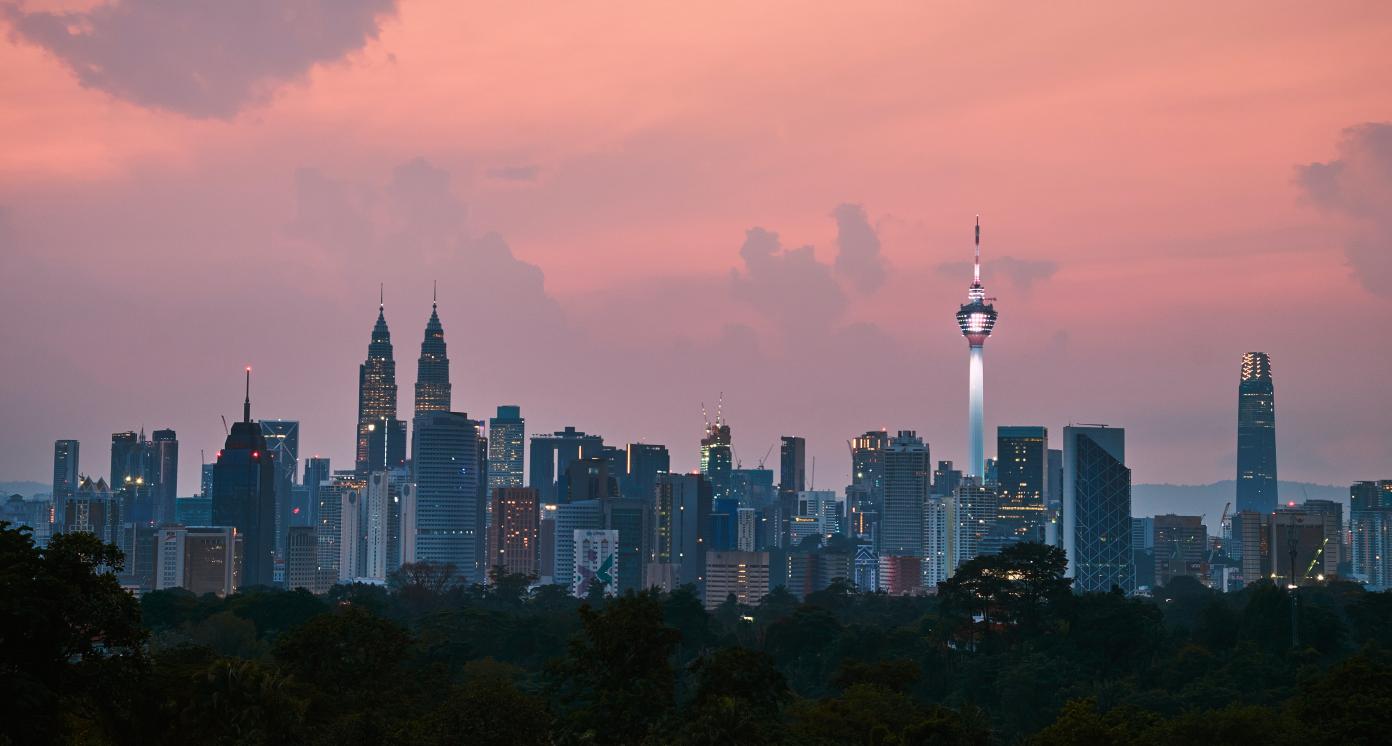Since gaining independence in 1957, Malaysia has successfully diversified its economy from one that was initially agriculture and commodity-based, to one that now plays host to robust manufacturing and service sectors, which have propelled the country to become a leading exporter of electrical appliances, parts, and components.
However, the COVID-19 (coronavirus) pandemic has had a major economic impact on Malaysia, particularly on vulnerable households. Having revised its national poverty line in July 2020, 5.6% of Malaysian households are currently living in absolute poverty. The Government is focused on addressing the well-being of the poorest 40% of the population (“the bottom 40”). This low-income group remains particularly vulnerable to economic shocks as well as increases in the cost of living and mounting financial obligations.
Income inequality in Malaysia remains high relative to other East Asian countries but is gradually declining. While income growth for the bottom 40 has outpaced the top 60 over much of the last decade, the absolute gap across income groups has increased, contributing to widespread perceptions of the poor being left behind. Following the removal of broad-based subsidies, the Government has gradually moved toward more targeted measures to support the poor and vulnerable, mainly in the form of cash transfers to low-income households.
Malaysia is one of the most open economies in the world with a trade-to-GDP ratio averaging over 130% since 2010. Openness to trade and investment has been instrumental in employment creation and income growth, with about 40% of jobs in Malaysia linked to export activities. As of 2020, Malaysia was ranked as the 12th country by the Doing Business Index and is reported to be especially accommodating when it comes to procedures such as protecting minority investors, dealing with construction permits, and getting electricity. FDI inflows in 2022 surged to RM73.3 billion (USD 15.9 billion) from RM48.1 billion (USD 10.5 billion) in 2021, with main FDI sources being from the US, Switzerland and Singapore. Manufacturing remained as the largest sector receiving FDI, followed by services, predominantly in information and communications, and mining and quarrying. As of the end of 2022, FDI in Malaysia stood at RM875.1 billion (USD 190.3 billion).
According to the World Bank’s Human Capital Index, Malaysia ranks 55th out of 157 countries. To fully realize its human potential and fulfil the country’s aspiration of achieving the high-income and developed country status, Malaysia will need to advance further in education, health and nutrition, and social protection outcomes. Key priority areas include enhancing the quality of schooling to improve learning outcomes, rethinking nutritional interventions to reduce childhood stunting, and providing adequate social welfare protection for household investments in human capital formation.
High temperatures is expected to worsen existing urban heat islands mostly in the cities, (urbanization rate stands as 75%) which can already reach temperatures 4–6 °C (39–43 °F) higher than surrounding areas. Coral bleaching is another expected effect of climate change, which will have both environmental and economic impacts. Flooding, exacerbated by extreme rainfall events, is a present and growing risk. Ecosystem degradation and the spread of urban areas have weakened natural flood resilience. Building climate resilience is a key driver for Malaysia’s growth with the government’s plan for the country to become carbon neutral by 2050, transitioning from its carbon-intensive economy. The country targets to cut carbon intensity against GDP by 45% by 2030, compared to 2005 level, with Long-Term Low Emissions Development Strategy, National Adaptation Plan, and NDC Roadmap under development to help its target. Advancing Sustainability is one of the three themes in the 12th Malaysia Plan (12MP) towards guaranteeing continuous economic growth while protecting the environment, building on two game changers namely circular economy and integrated water resources management.
Sources: World Bank country overview: Malaysia
World Bank. Doing Business 2020. Economy Profile Malaysia
DOSM: Foreign direct investment higher at RM19.3b in 4Q. Feb 2023.
The 12th Malaysia Plan: Advancing Sustainability
Climate Change and Principle-based Taxonomy. 2021. Bank Negara Malaysia (Central Bank)
Please access this link to the narrative report on the SDG Investor Map:
15



Health Care, Renewable Resources and Alternative Energy, Food and Beverage
0.803
How is this information gathered?
SDG Investor Maps employ an 8-step methodology, combining data research and stakeholder consultations to identify Investment Opportunity Areas (IOAs) and potential business models with significant financial and impact potential.
Disclaimer
UNDP, the Private Finance for the SDGs, and their affiliates (collectively “UNDP”) do not seek or solicit investment for programmes, projects, or opportunities described on this site (collectively “Programmes”) or any other Programmes, and nothing on this page should constitute a solicitation for investment. The actors listed on this site are not partners of UNDP, and their inclusion should not be construed as an endorsement or recommendation by UNDP for any relationship or investment.
The descriptions on this page are provided for informational purposes only. Only companies and enterprises that appear under the case study tab have been validated and vetted through UNDP programmes such as the Growth Stage Impact Ventures (GSIV), Business Call to Action (BCtA), or through other UN agencies. Even then, under no circumstances should their appearance on this website be construed as an endorsement for any relationship or investment. UNDP assumes no liability for investment losses directly or indirectly resulting from recommendations made, implied, or inferred by its research. Likewise, UNDP assumes no claim to investment gains directly or indirectly resulting from trading profits, investment management, or advisory fees obtained by following investment recommendations made, implied, or inferred by its research.
Investment involves risk, and all investments should be made with the supervision of a professional investment manager or advisor. The materials on the website are not an offer to sell or a solicitation of an offer to buy any investment, security, or commodity, nor shall any security be offered or sold to any person, in any jurisdiction in which such offer would be unlawful under the securities laws of such jurisdiction.


















